Exclusive: read short new plays by Alistair Beaton, Stella Feehily and David Hare.
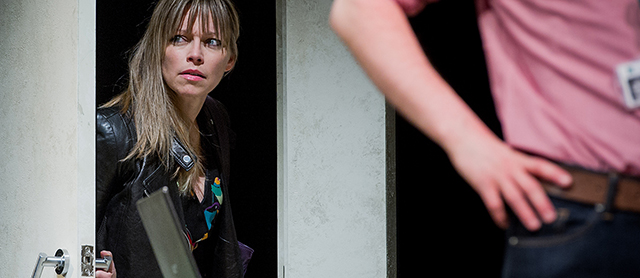
Sarah Alexander in The Accidental Leader. Photo by Robert Workman
“Oh, I do love your centre ground. Sounds so reasonable, doesn’t it? The centre ground. But does the centre ground stay in the same place? I don’t think so.”
– The Accidental Leader
READ THE PLAYS:
Alistair Beaton: The Accidental Leader
Stella Feehily: How To Get Ahead In Politics
David Hare: Ayn Rand Takes A Stand
In May we opened a show called A View From Islington North*, comprising short political satires. Here we publish three of the scripts in full, with the kind permission of writers Alistair Beaton, Stella Feehily and David Hare. We think they make for a funny, exasperating and illuminating read.
One proved uncannily prescient: Alistair Beaton’s The Accidental Leader imagined a Labour MP orchestrating a mass resignation of shadow cabinet members in protest at the party’s Corbyn-like leader. We could barely believe it when in late June, towards the end of our run, this happened in real life almost exactly as Alistair had written it, to the extent that people who saw the play subsequently got in touch to ask if it had been hastily rewritten. We hadn’t changed a word. Alistair’s play brilliantly articulates the debate in the Labour Party today: the arguments over its soul, its mission, its achievements and the compromises it must make to gain power.
In the highly imaginative Ayn Rand Takes A Stand, David Hare puts the then home secretary Theresa May on stage in a searing piece that found a deep contradiction in her political philosophy. It’s well worth a read now she’s the boss.
And Stella Feehily’s gloriously cynical How To Get Ahead In Politics was inspired by accusations of bullying and sexual harassment within the Conservative Party and sees a Chief Whip practising his dark arts to contain a scandal.
READ THE PLAYS:
Alistair Beaton: The Accidental Leader
Stella Feehily: How To Get Ahead In Politics
David Hare: Ayn Rand Takes A Stand
SEE ALSO:
A brief history of satire
Can laughter change the world? Satirists on satire
*Islington North is Jeremy Corbyn’s constituency – and it’s also where Out of Joint is based!
If you’ve enjoyed reading (or seeing) these plays, please consider making a small gift to Out of Joint.
<a href=”http://www.justgiving.com/outofjoint/donate/?utm_source=website_cid294326&utm_medium=buttons&utm_content=outofjoint&utm_campaign=donate_white”><img src=”http://www.justgiving.com/charities/content/images/logo-buttons/white/donate_white.gif” alt=”Donate with JustGiving” /></a> <img class=”alignnone size-full wp-image-3798″ src=”https://www.outofjoint.co.uk/wp-content/uploads/2011/09/GiftAid.jpg” alt=”GiftAid” width=”120″ height=”51″ />

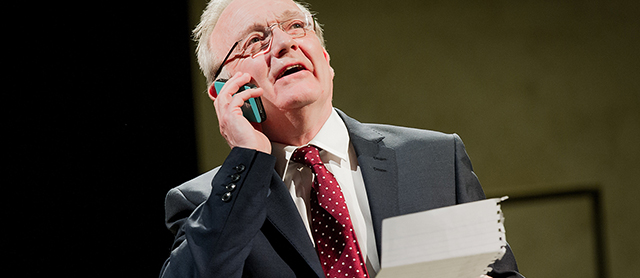
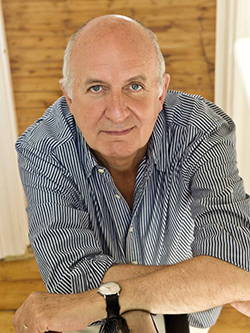
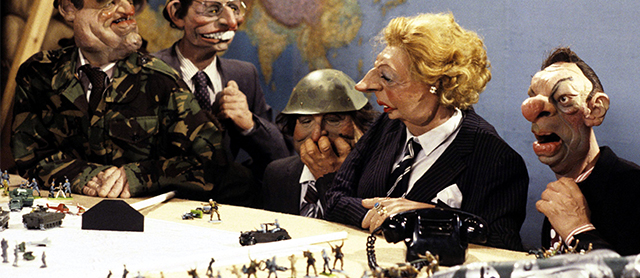
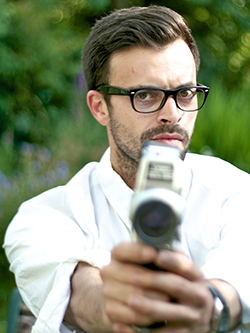
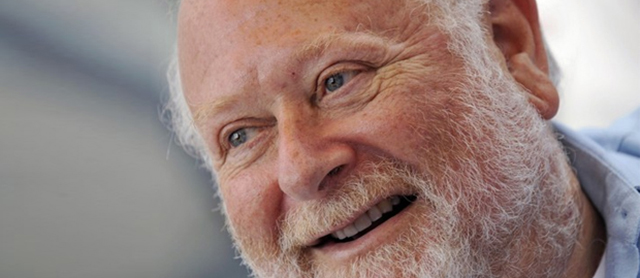
 Search
Search
